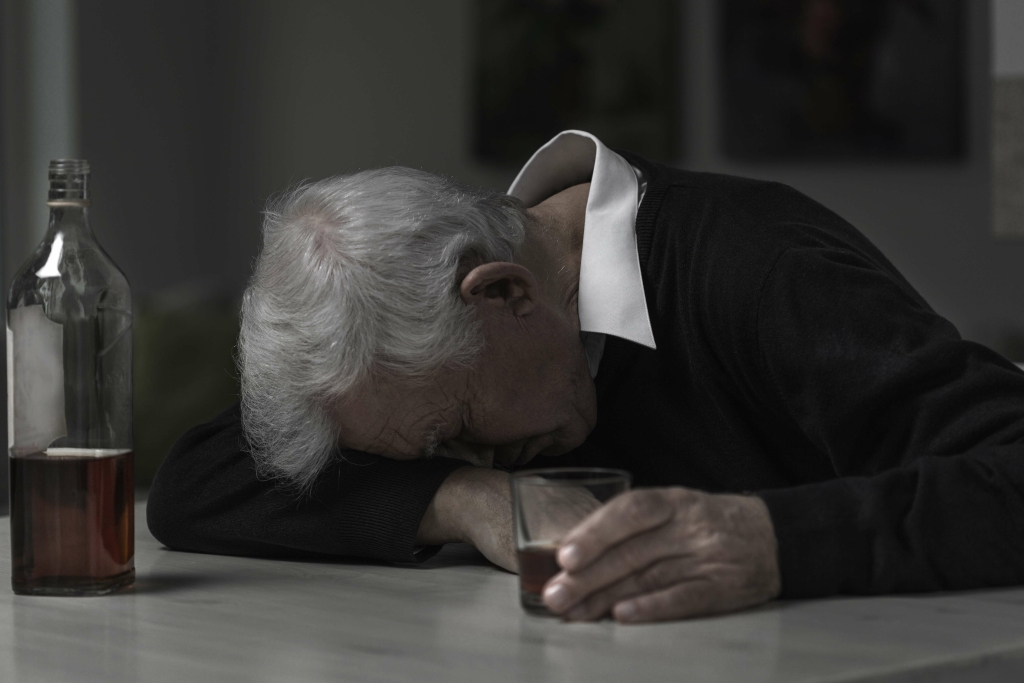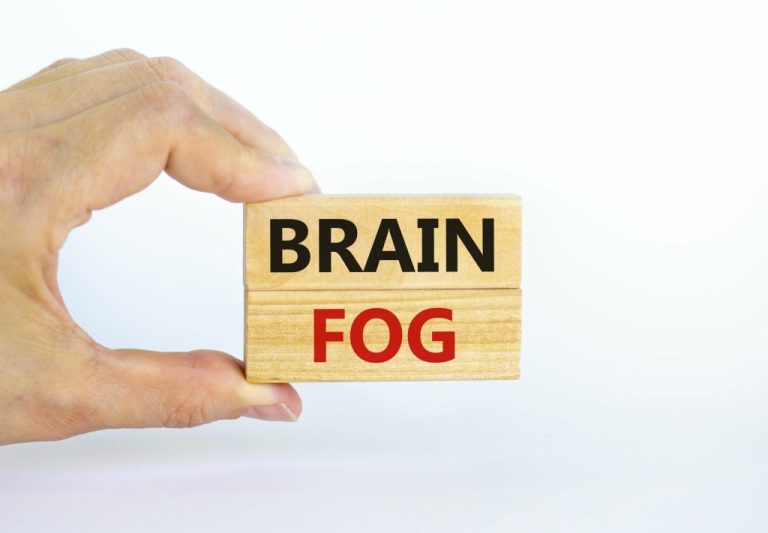Many inpatient programs accommodate their patients with 24/7 medical oversight and provide access to on-call medical and psychiatric services during their stay. Outpatient treatment usually meets several times per week for several hours per day. Outpatient therapy typically offers many of the same groups and services as inpatient treatment, but you can still go home at night.
Staging a successful intervention is stressful, confusing, and even a little frightening for some. When trying to plan a successful intervention for alcohol abuse, questions are inevitable. To better help you understand the intervention process, we’re here to help. Leave any questions or concerns you might have about interventions, and we’ll get back to you as soon as possible. Planning what will be said during the actual intervention is one step of a successful alcohol intervention that should not be overlooked.
How to Find a Professional Interventionist
Total abstinence from alcohol is not always the goal of an intervention or treatment process. Some people will be able to learn selective drinking behaviors and remove themselves from an alcohol abuse cycle. However, giving up https://accountingcoaching.online/tips-for-treating-and-living-with-essential-tremor/ alcohol for good and accepting a life of sobriety is the only way some people are able to move past addiction. For each person, a team of doctors and therapists will decide the best course of treatment and the desired outcome.

During this stage, people are experiencing the negative impacts of their alcohol addiction, but they have no intention of changing their behavior. It’s a disease that typically develops gradually over time as a person drinks more and more regularly, which causes chemical changes to occur in the brain. It stands to reason that alcohol recovery is also a gradual process with no set timeline. Understanding the available treatment options—from behavioral therapies and medications to mutual-support groups—is the first step. The important thing is to remain engaged in whatever method you choose. Inpatient facilities tend to be more intensive and costly.
Stage 4: Action
One inconsiderate comment and the person can retreat back to their world of darkness. Be careful not to close the channel of communication forever and think before you speak. The first step in helping your loved one is to hold a proper intervention. What might seem like a reasonable expectation in some circumstances might be totally unreasonable when it comes to someone with an addiction.
- Unwell people are not always the most qualified to help other unwell people.
- Books on recovery from alcoholism can also help one find the right words to reach the alcohol user.
- At this point, people are committed to change and are preparing to take action within the next several days or weeks.
- She got a prescription for antidepressants, but after a few months she saw no sign of improvement.
- We strive to create content that is clear, concise, and easy to understand.
- Being in a relationship takes work no matter what the circumstances, and loving an alcoholic adds an entirely different set of challenges to the equation.
- Our facilities across the U.S. offer a full continuum of care, custom treatment plans, and comprehensive discharge plans to aid in the success of your recovery.
That means you’ll need plenty of patience when supporting your loved one’s recovery. It serves as a pivotal moment when loved ones, guided by professional interventionists, come together to offer empathy, understanding, and a path to healing. Through personalized treatment plans, evidence-based therapies, and a supportive environment, AspenRidge empowers individuals to reclaim their lives from alcoholism. When discussing treatment centers with your loved one, let them know that you will be there to support and encourage them every step of the way. Getting help for an AUD is a huge decision for someone to make.
Take Our Substance Abuse Self-Assessment
Research shows that most people who have alcohol problems are able to reduce their drinking or quit entirely. Remember that changing deep habits A Timeline for the Restoration of Cognitive Abilities after Quitting Alcohol is hard, takes time, and requires repeated efforts. We usually experience failures along the way, learn from them, and then keep going.

You may need to join forces with others and take action through a formal intervention. It’s evident that they’re also angry about something, and this makes you quite upset. Instead of taking a step back, you start trying to have a conversation with them.

ความเห็นล่าสุด